Description
Overview
Hydroquinone is a topical skin-lightening agent used to treat hyperpigmentation, melasma, post-inflammatory hyperpigmentation (PIH), and sunspots. It works by inhibiting melanin production, making it one of the most effective treatments for uneven skin tone and dark spots.
Mechanism of Action
- Inhibits Tyrosinase: Hydroquinone blocks tyrosinase, the enzyme responsible for melanin synthesis, reducing pigmentation formation in the skin.
- Disrupts Melanin Transfer: Prevents melanosomes from transferring pigment to the surrounding skin cells.
- Mild Exfoliation: At higher concentrations, hydroquinone promotes cell turnover, helping to fade dark spots faster.
Benefits and Indications
- Melasma
- First-line treatment for hormonal pigmentation on the cheeks, forehead, and upper lip.
- Often combined with tretinoin and corticosteroids (Triple Combination Therapy) for enhanced effects.
- Post-Inflammatory Hyperpigmentation (PIH)
- Lightens acne scars, burns, and dark marks caused by inflammation or injury.
- Effective in treating dark spots from eczema or psoriasis.
- Sunspots & Age Spots
- Reduces solar lentigines (sunspots) caused by UV exposure.
- Helps fade freckles and uneven skin tone.
- Off-Label Uses
- Occasionally used for underarm and intimate area brightening (requires medical supervision).
Possible Side Effects
- Common: Mild redness, dryness, peeling, and temporary skin irritation.
- Less Common: Stinging, itching, or sensitivity to sunlight.
- Rare but Serious:
- Ochronosis – A condition where bluish-gray pigmentation develops with prolonged use (>4–6 months).
- Allergic Reactions – Rare, but can cause swelling or severe irritation.
Drug Interactions
- Retinoids (Tretinoin, Adapalene): Often combined for enhanced pigmentation correction but may increase irritation.
- Benzoyl Peroxide: Can oxidize hydroquinone, making it less effective.
- Alpha Hydroxy Acids (AHAs): May enhance penetration but also increase irritation.
Special Considerations
- Pregnancy Category C: Not recommended during pregnancy or breastfeeding.
- Sun Protection is Mandatory: Hydroquinone makes the skin more sensitive to UV rays, so daily broad-spectrum SPF 30+ is required.
- Short-Term Use Recommended: Typically used for 3–4 months, followed by a break to prevent ochronosis.

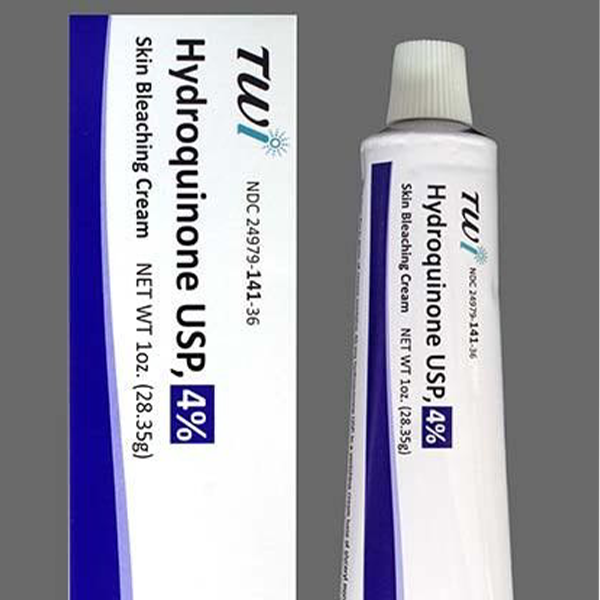
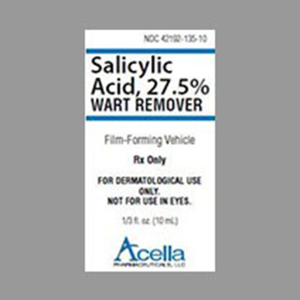
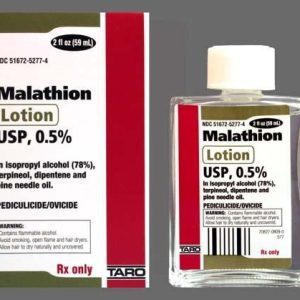
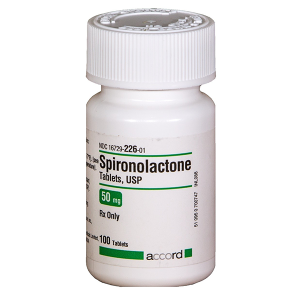
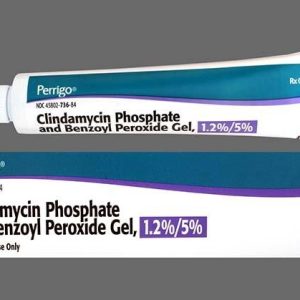
Reviews
There are no reviews yet.